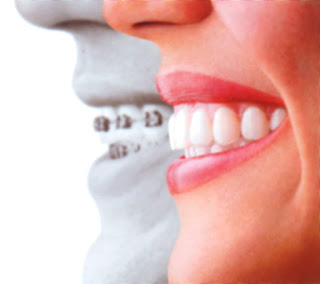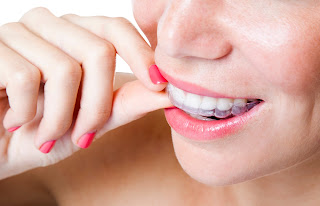When it comes to oral
health, people usually think of it as a separate entity from the rest of the
body, yet the two are connected. In fact, some medical or health conditions directly
impact the health of your teeth and gums. In some cases, it is the illness that
affects the health of your mouth; and in others, it is the medication or
treatment administered.
From diabetes to
cancer treatments, these illnesses or treatments can erode tooth enamel, cause
a dry mouth and bad breath, or even turn your tongue black. You will need to be
more conscious of your dental health if you have:
1. High Blood Pressure
An estimated 25
percent of the American population suffers from this dangerous condition.
Although it is treatable, the medications used have a number of side effects,
including gingival enlargement – a condition characterized by inflammation of
gums causing them to grow over your teeth.
2. Diabetes
People with diabetes tend
to have high levels of sugar in saliva, as well as reduced saliva flow, which
facilitates the growth of bacteria in the mouth. This puts them at higher risk
of infections in the mouth from not only bacteria, but also yeast, fungi, and
viruses. So, these people have a higher risk of severe tooth decay, gum
disease, and tooth loss. Conversely, people with uncontrolled gum disease can
have difficulty controlling diabetes.
3. Chronic Kidney Disease
Kidney disease is a
serious condition that can be fatal if left untreated. It is usually
characterized by breath that smells like ammonia or fish. As your condition
worsens and the kidneys are unable to filter toxins and waste from your blood,
your breath will start smelling like urine.
4. Acid Reflux
Also known as
gastroesophageal reflux disease, acid reflux can be diagnosed by your dentist
during a normal check-up, since it causes erosion on your back teeth due to
powerful acid in your stomach dissolving the enamel. You can protect your teeth
by gurgling water in your mouth after every reflux episode. Also avoid taking
meals 2-3 hours before bed, and stay away from triggers like caffeine, alcohol,
and acidic items.
5. Stomach Ulcers
Ulcers are usually
caused by the bacterium H. pylori, which weaken the protective lining of your
stomach and intestine, resulting in sores. Ulcers themselves do not affect your
oral health; but the medication used can turn your tongue black. Fortunately,
this side effect fades away once you stop taking the treatment.
6. Other Conditions
There are many more
conditions to watch out for, including:
- HIV/AIDS – the virus increases the risk for gum disease, dental caries, and mouth infections (sores, blisters, oral warts, and yeast infections)
- Hyperthyroidism – increases the risk of tooth decay and periodontal disease
- Anemia – insufficient oxygen in the gums leading to gum disease
- Sjogren’s syndrome – dry mouth
- Cancer treatment – known to cause sores, bleeding, and fungal/viral/bacterial infections
Take charge of your health
If you are suffering
from any of these conditions, work closely with your dental care providers to
come up with a good oral care plan to keep your mouth healthy.






